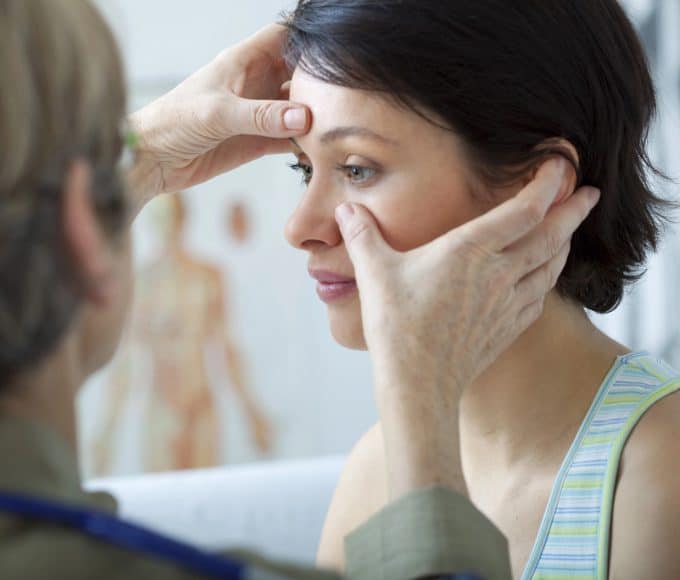According to a new study, almost one third of all tumors discovered in mammograms would not have led to illness and are leading to an overdiagnosis of breast cancer in over one million women in America alone.
The report goes on to say that it is the improvement in cancer treatment not increased screenings that has led to an increase in breast cancer survival rates. The study, published in the New England Journal of Medicine concluded that the screenings, which discover tumors when they are still extremely small, have led to and overdiagnosis on nearly 70,000 women each year and caused unnecessary financial and emotional hardship for the women by subjecting them to unneeded treatment. Study author Dr. H. Gilbert Welch, who is an epidemiology and biostatistics professor from Dartmouth College wrote: “Our study raises serious questions about the value of screening mammography. It clarifies that the benefit of mortality reduction is probably smaller, and the harm of overdiagnosis probably larger, than has been previously recognized.”
The study raises a larger issue regarding the increased technology available for cancer screening. The new equipment is able to detect very small groups of cancer cells that would probably never become dangerous, leaving doctors in unknown territory regarding when to treat and when to leave the cells alone.
Regardless of the study’s finding many doctors and health care professionals are accusing the authors of taking part in a campaign to reduce healthcare expenses by cutting back services to women. Dr. Daniel B. Kopans, who is a senior breast imager at Massachusetts General Hospital called the study “malicious nonsense,” and went on to say that: “It is time to stop blaming mammography and screening for ‘overdiagnosis’ and ‘overtreatment’ in an effort to deny women access to screening.”
The authors maintain however that they are not arguing against the importance of screening but say that “the question is whether we should invite women, coerce them, threaten them, scare them to come get checked when nothing’s wrong.”
















